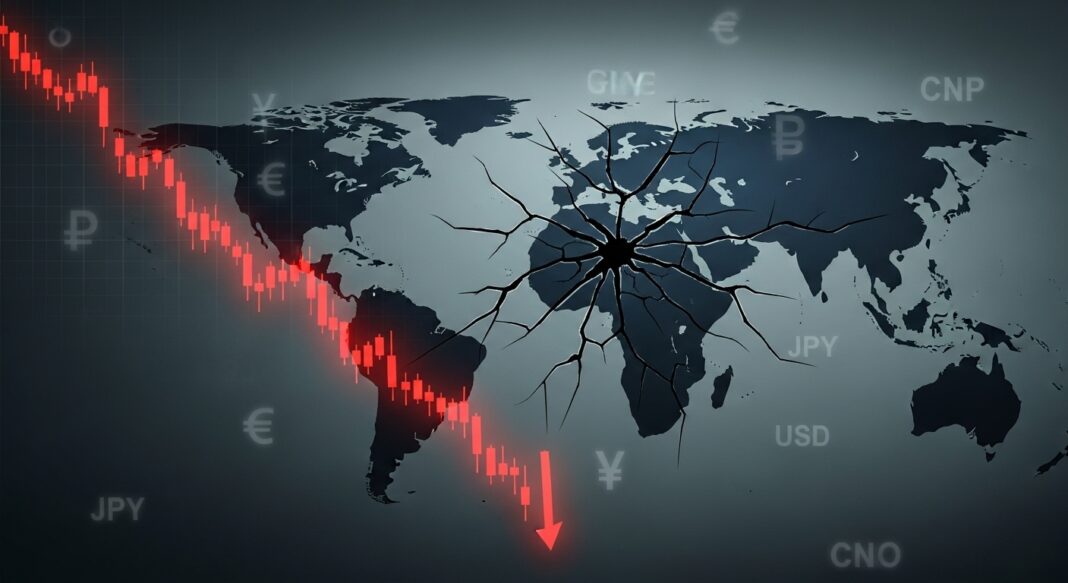The conflict in Ukraine has not only had profound humanitarian and geopolitical implications but has also reverberated throughout the global economy. Since its inception in 2014, the conflict has resulted in significant economic consequences, not only for Ukraine but also for neighboring countries and international stakeholders. This article aims to shed light on the multifaceted economic impact of the conflict in Ukraine.
Trade Disruptions and Losses:
The ongoing conflict has disrupted trade flows, particularly between Ukraine and Russia. Before the conflict, Ukraine had strong economic ties with Russia, but the annexation of Crimea and the ensuing conflict in eastern Ukraine led to trade restrictions and tariffs being imposed by both countries. This disruption severely impacted Ukrainian exports, especially in sectors such as agriculture and manufacturing. Conversely, Russia also faced economic repercussions due to disrupted supply chains and reduced access to Ukrainian markets.
Energy Dependence and Gas Transit:
Ukraine historically served as a crucial transit route for Russian gas exports to Europe. However, the conflict strained relations between Ukraine and Russia, leading to disruptions in gas supplies. Concerns over energy security and disruptions in gas transit through Ukraine prompted European countries to seek alternative energy sources and diversify supply routes, impacting Russia’s position as a major gas supplier to Europe.
Currency Devaluation and Economic Instability:
The conflict contributed to economic instability in Ukraine, leading to a sharp devaluation of the Ukrainian hryvnia. Political uncertainty and conflict-related economic pressures weakened investor confidence, resulting in capital flight and hindering economic growth. The depreciation of the currency also led to inflationary pressures, impacting the cost of living for Ukrainian citizens.
Humanitarian Costs and Displacement:
The conflict has inflicted substantial human costs, including loss of life, displacement of populations, and damage to infrastructure. The burden of caring for internally displaced persons (IDPs) and addressing humanitarian needs strained Ukraine’s resources and diverted funding from essential development projects. Rebuilding damaged infrastructure and assisting affected regions required significant financial resources, impeding economic progress.
International Sanctions and Economic Isolation:
The conflict triggered a series of sanctions imposed by Western countries against Russia. These sanctions targeted key sectors of the Russian economy, including finance, energy, and defense. In response, Russia imposed counter-sanctions, impacting global trade and investment. The economic isolation resulting from these sanctions affected not only Russia but also had spillover effects on global markets and international business relationships.
Investment and Economic Development Challenges:
Political instability and ongoing conflict deterred foreign direct investment in Ukraine. The uncertain business environment, coupled with security concerns, hindered economic development initiatives and infrastructure projects. The lack of investment impeded Ukraine’s efforts to modernize its economy and diversify industries, further exacerbating economic challenges.
Global Economic Ripples:
The repercussions of the conflict in Ukraine extended beyond the region, influencing global economic dynamics. Market uncertainties stemming from geopolitical tensions affected investor sentiment worldwide. Fluctuations in commodity prices, particularly in energy markets, were witnessed due to concerns over supply disruptions and geopolitical risks associated with the conflict.
Conclusion
The conflict in Ukraine has had far-reaching economic ramifications, impacting trade, energy security, currency stability, humanitarian costs, international relations, and global markets. Resolving the conflict and fostering stability in the region are crucial not only for Ukraine’s economic recovery but also for restoring regional stability and mitigating the broader global economic implications arising from this protracted conflict.

